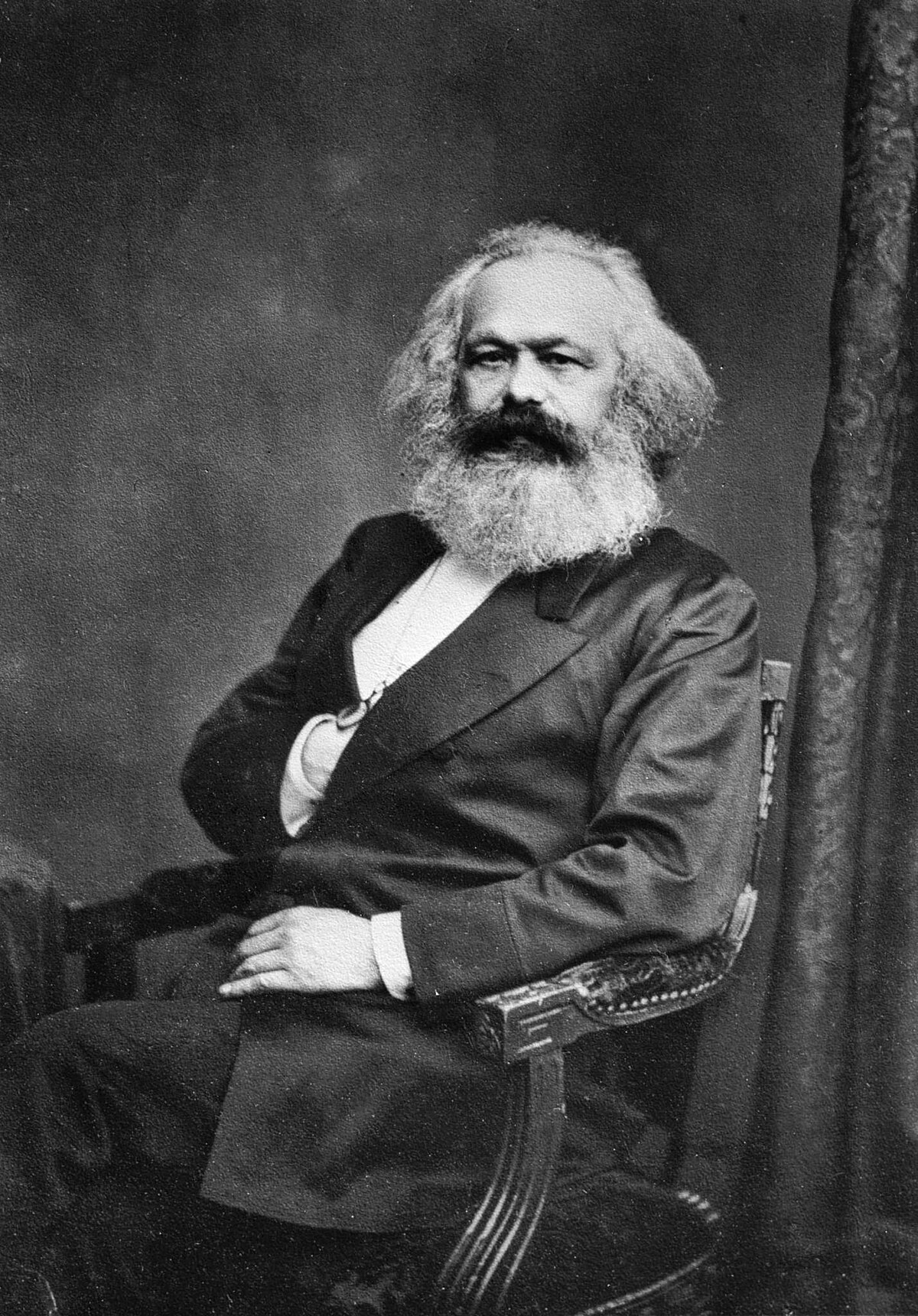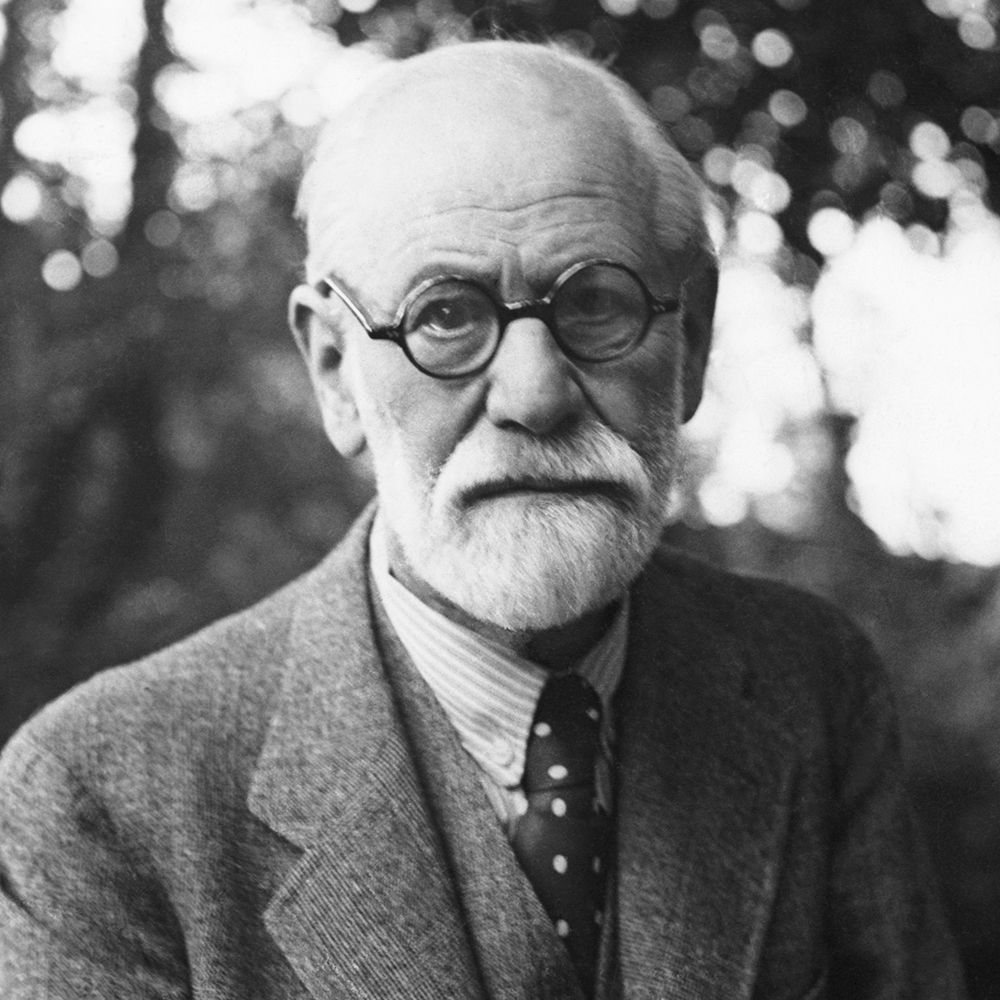This author wrote:
"Both patients give us an impression of having been ‘fixated’ to a particular portion of their past, as though they could not manage to free themselves from it and were for that reason alienated from the present and the future”
Who is Sigmund Freud?
This man was born in Germany and lived in the 1800s, during the Industrial Revolution.
Who is Karl Marx?
This term, meaning literally "to see in strangeness," refers to the act of perceiving the ordinary through language that makes it seem unusual.
What is "ostranenie" or "defamiliarization"?
This theoretical school would argue:
First and foremost, The Hunger Games is about the struggle between the rich and the poor.
What is Marxism?
Correct the following sentence to make it true:
When we draw on our own personal biographies to interpret a work of literature, we are practicing biographical criticism.
Correction: reader-response theory
OR
Correction: the author's biography
This author wrote:
"...an author’s name is not simply an element in a discourse (capable of being either subject or object, of being replaced by a pronoun, and the like); it performs a certain role with regard to narrative discourse, assuring a classificatory function. Such a name permits one to group together a certain number of texts, define them, differentiate them from and contrast them to others."
Who is Michel Foucault?
This man was an Austrian doctor who studied hysteria and did a lot of cocaine.

Who is Sigmund Freud?
This phrase refers to the disruptive reappearance of memories, impulses, and desires that the conscious mind refuses to contemplate.
What is "the return of the repressed"?
This theoretical school would argue:
First and foremost, The Hunger Games is about the context in which the novel was written, during the Iraq War.
What is New Historicism?
(Biographical Criticism also acceptable)
Correct the following sentence to make it true:
Alienation of labor occurs when aliens steal the product of your labor, effectively stealing all the time and energy you devoted to the task.
Correction: Not "aliens" but "the owners of the means of production"
This author wrote:
"Art is a way of experiencing the artfulness of an object: the object is not important … The language of poetry is, then, a difficult, roughened, impeded language."
Who is Viktor Shklovsky?
This man was a French literary theorist involved with both structuralist and post-structuralist thinking. He wrote about the "death of the author."

Who is Roland Barthes?
This phrase describes a person's imaginary relationships to real things-- in other words, the beliefs and worldviews that mediate their understanding of the world.
What is "ideology"?
This theoretical school would argue:
Because The Hunger Games has been categorized in the genre of "Young Adult fiction," that limits and shapes our interpretations of the text.
What is Structuralism?
Correct the following sentence to make it true:
The "pleasure principle" is the unconscious psychological desire to act aggressively and seek out destruction.
Correction: the "death drive."
OR
Correction: The pleasure principle is the pursuit of immediate gratification.
This author wrote:
"In any situation of signification, the theoretical indeterminacy of the signifying process is delimited by the historical specificity of discursive practices, by the constraints and resources of the reading formation within which that signification takes place."
Who is Louis Montrose?
This man pioneered New Historicism. One of his most famous works theorizes the ideas of "subversion" and "containment."
Who is Stephen Greenblatt?
This phrase refers to an infinite set of connections, in which every signified is also a signifier. Within this series of linkages everything is also a symbol of something else.
What is the "chain of signification"?
This theoretical school would argue:
The Hunger Games has many possible meanings, and it's impossible to nail down one true meaning. No novel is "new"; instead, it carries traces of all the writing that has come before.
What is Post-Structuralism?
Correct the following sentence to make it true:
Russian Formalism argues that a summary or paraphrase will never communicate the exact same meaning as a full work of literature because, as Shklovsky says: "Form is meaning."
"American Formalism" and "Cleanth Brooks"
This author wrote:
"It is precisely its ‘spontaneous’ quality, its transparency its ‘naturalness’, its refusal to be made to examine the premises on which it is founded, its resistance to change or to correction, its effect of instant recognition, and the closed circle in which it moves which makes common sense, at one and the same time, ‘spontaneous’, ideological and unconscious. You cannot learn, through common sense, how things are: you can only discover where they fit into the existing scheme of things."
Who is Stuart Hall?
This man is a central figure of reader-response theory, who developed the concept of "interpretive communities." His name (like the name of another prominent reader response theorist) contains the name of an animal.

Who is Stanley Fish?
This term, as developed by the Italian theorist Antonio Gramsci, refers to the ruling class's power "not only to dominate but to direct"-- to not only coerce a population into obedience by force but to win their support for the social order through ideology
What is "hegemony"?
This theoretical school would argue:
The short sentences that Katniss uses to describe acts of violence communicate the brutality of her life under the Capitol, in which there is little time for reflection, and children's lives are literally cut short.
What is Formalism?
Correct the following sentence to make it true:
The three tropes most associated with trauma in literature are masking, fragmentation, and imaginary coherence.
Correction: Those are the three ways that media uphold dominant ideology, according to Hall.
OR
Correction: "absence, indirection, and repetition"